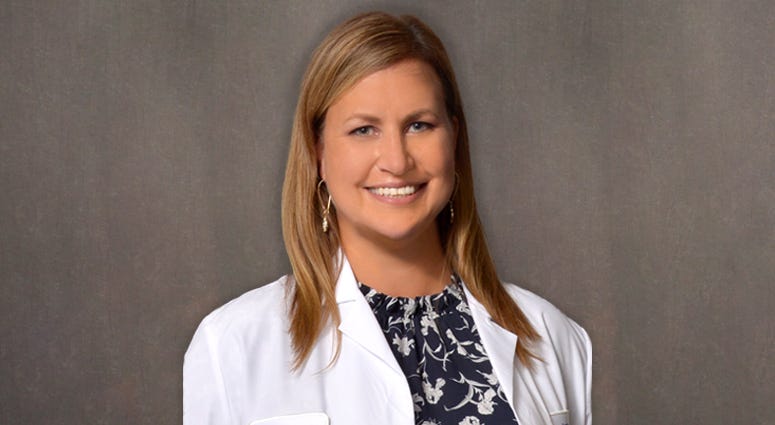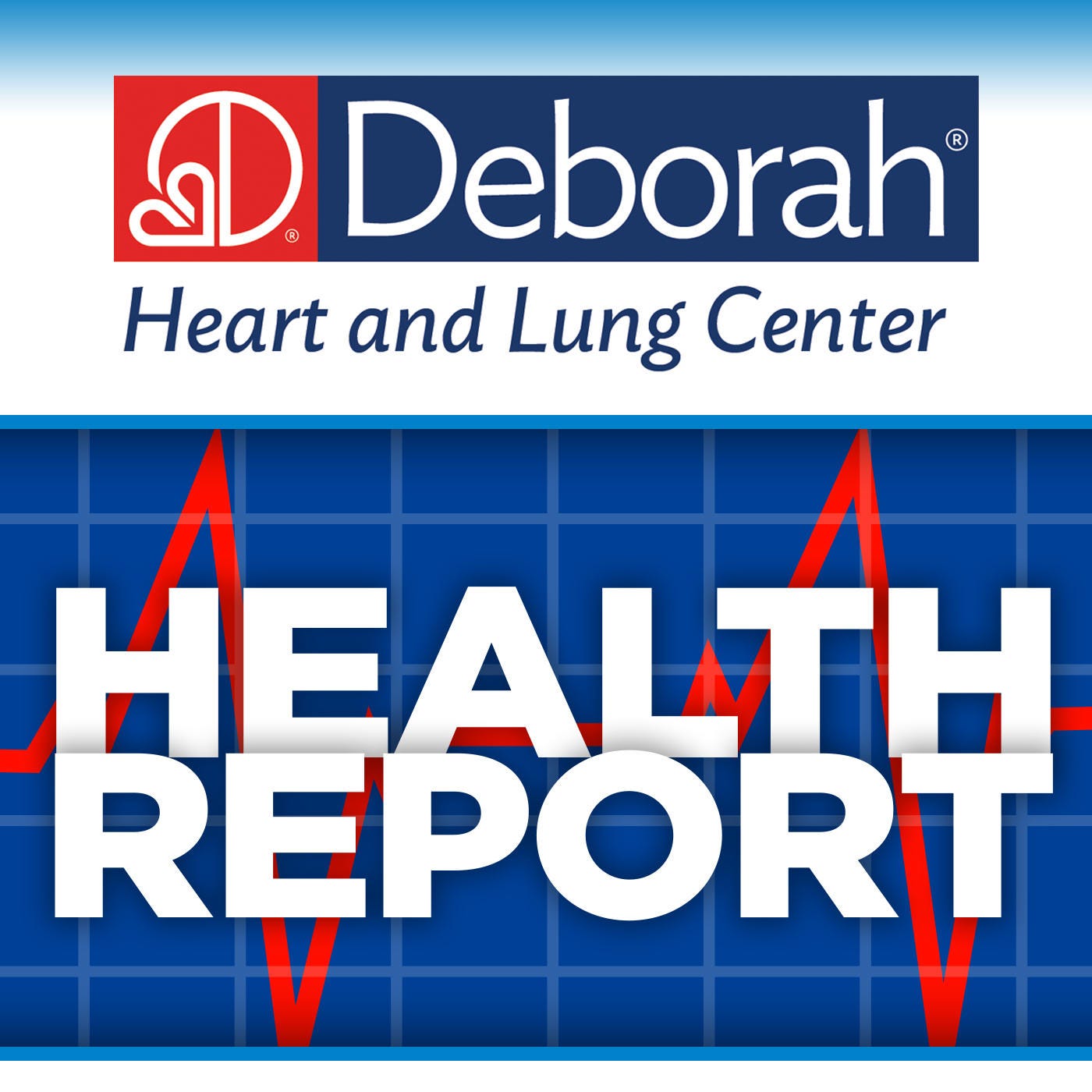

Few muscles in the human body work as hard as the heart muscle.
It beats 100,000 times a day. That adds up to some 35 million times a year, 2.5 billion times over the average lifetime.
The human heart is engineered to NEVER take a rest as long as you live. But as with so many intricately designed mechanisms, lack of proper maintenance or a defect can lead to system failures.
When it comes to the human heart, it doesn’t necessarily lead to a shutdown. Instead, heart failure describes faulty pumping action in our body’s main motor. Weakened muscle tissue can’t push oxygenated blood through the body properly, or stiffened muscle tissue prevents the heart from filling adequately between beats.

A heart failure patient faces wide-ranging medical issues – some pre-existing ones contributing to heart failure and subsequently getting much worse – as well as new conditions caused by the impacts of poor blood flow.
“The most common conditions that can lead to heart failure are exactly the same as those that can lead to heart disease,” says cardiologist, Cynthia Kos, DO, “which would be increased cholesterol, hypertension, diabetes, and obesity.” Some cancer treatments and even Covid-19 can contribute or increase the risk for developing heart failure.
Whatever the lead-up, when the heart begins to fail, the consequences for the body are severe. Fluid imbalances put heavy strain on the lungs, kidneys and liver, causing those vital organs to malfunction as well.
Could you or a loved one be at risk for heart failure?
KYW’s Rasa Kaye talks with Dr. Kos about the signs and symptoms, as well as the latest diagnostic and treatment tools for patients in every stage of heart failure.
To schedule an appointment, visit DemandDeborah.org or call 609-831-4456.
